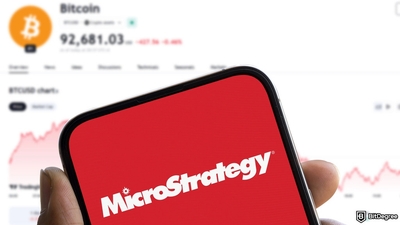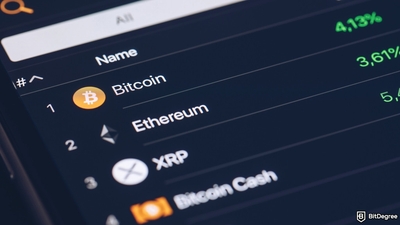Free Airdrop Season 7 is LIVE! Answer fun questions or do simple tasks to earn rewards from the $30K BitDegree prize pool. Participate Now ! 🔥
Pixelfed Blocked: Meta Faces Criticism Over Competitor Link Bans
Key Takeaways
- Meta blocked links to Pixelfed, which sparked criticism despite the company's recent commitment to support free speech;
- Facebook flagged Pixelfed links as spam despite Meta’s promise of reduced censorship;
- Meta’s actions raise doubts about its commitment to openness and managing competition fairly.
Less than a week after Meta emphasized its commitment to free speech, the company faces criticism for blocking links to Pixelfed, a decentralized alternative to Instagram.
This decision raises concerns about whether Meta is serious about reducing censorship or simply prioritizing its competitive interests.
On January 13, reports revealed that links to Pixelfed on Facebook were flagged as "spam" and automatically removed.

Did you know?
Subscribe - We publish new crypto explainer videos every week!
What is a MetaMask Wallet? (And How to Use it - Animated)


These actions came after Meta’s January 7 announcement titled “More Speech and Fewer Mistakes”. In the statement, Joel Kaplan, Meta’s global affairs officer, and CEO Mark Zuckerberg, emphasized the company’s intention to support free expression.
They also promised to phase out third-party fact-checkers in favor of a community-driven approach, modeled after X’s community notes.
AJ Sadauskas, a user at Bluesky, a social media platform similar to X, brought attention to the issue, sharing screenshots of Pixelfed links being deleted “within seconds” on Facebook. They stated:
I just tried posting a message on Facebook that reads: "Anyone here using Pixelfed?" with a link to Pixelfed.Social. Within seconds, I got a post saying my post was banned.
Meta has long dominated the social media industry, particularly since acquiring Instagram in 2012. However, the company's recent actions suggest a different approach to managing competition.
Meanwhile, a group of authors recently accused Meta of using pirated books to train its AI systems. How did Meta do that? Read the full story.






















